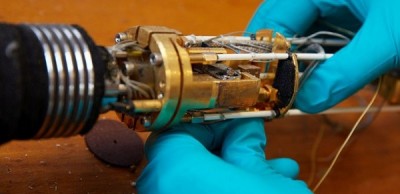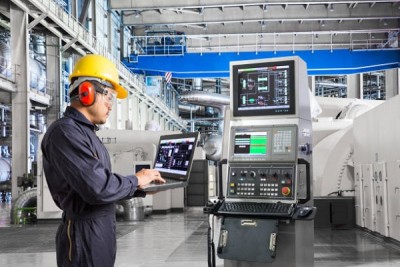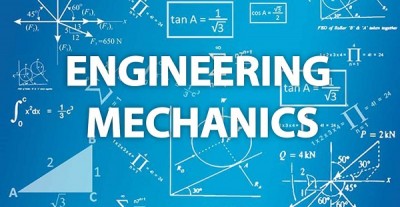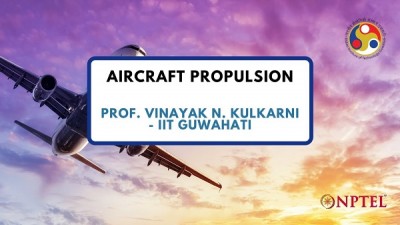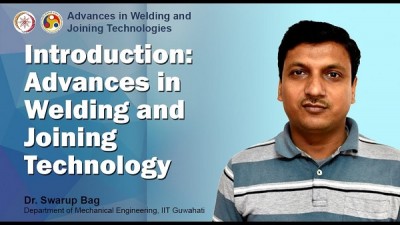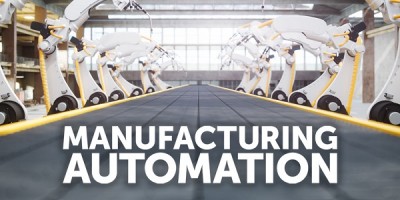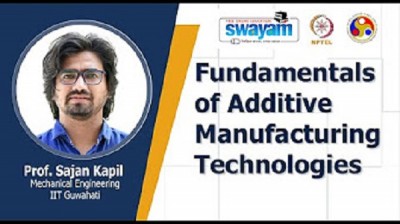Control Engineering
Overview Introduction to control problem Industrial Control examples. Transfer function models of mechanical, electrical, thermal and hydraulic systems. System with dead-time. System response. Control hardware and their models: potentiometers, synchros, LVDT, dc and ac servomotors, tachogenerators, electro hydraulic valves, hydraulic servomotors, electropeumatic valves, pneumatic actuators. Closed-loop systems. Block diagram and signal flow graph analysis, transfer function.
English
Last updated
Sun, 07-Aug-2022








